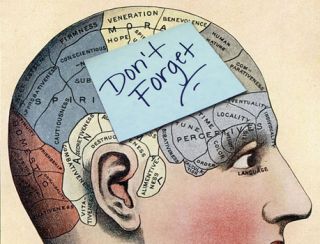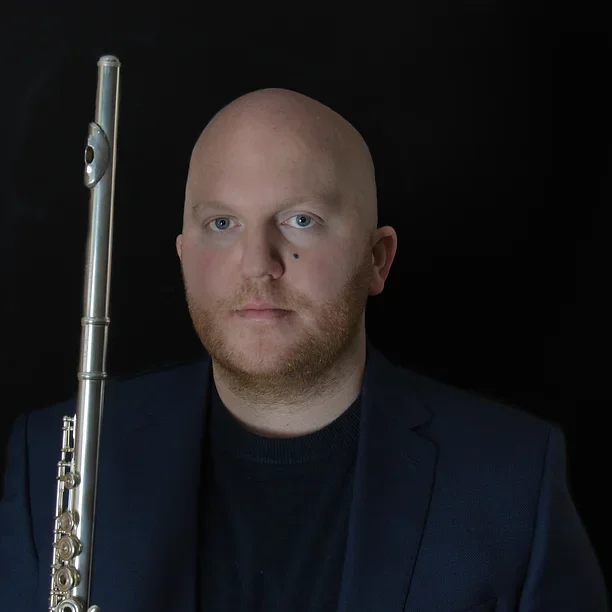A blog on playing from memory! An excellent skill to develop with many benefits.
Incentive
Memorising a piece of music, a speech or poem is something that has obvious benefits, but often scares people as it takes away the comfort of having a script or score.
I remember my primary (junior) school made all of the students memorise a poem and recite it to the principal (poor lady- she must have listened to thousands!). But we only recited it in front of her, not the whole class, and afterwards, we received a rather delicious red lollipop! Incentive is key and, to a 6-year old, sweets are always the best incentives! One started to look forward to the next challenge!
Goal
When I was 7 years old, I started learning the piano and memorising short pieces was never a problem. It came naturally. Giving concerts at school, I never thought about using the music.
Skip ahead a year, I took up the flute and was given lots of books. My teacher at the time encouraged me to play in festivals, but (perhaps because I couldn’t see what my fingers were doing) I used music and a stand. Not once was I encouraged to memorise it and so I just got out of the habit. I played from the music throughout my youth until I got to college. At the Royal Academy of Music, one is required to do at least one piece at your end of year recital from memory and this freaked me out! Especially since I’d previously seen people make memory slips in concerts and competitions. So, I gave myself a pep talk and decided I had the ability to do it! I made it a bit easier for myself by picking a short piece without too many notes that I knew really well. And after working steadily through it, I could play it from memory in my exam. I did this every year, making the memory piece a little harder each year. So I had a goal and I stuck to it.
Start simple
In my lessons with Wibb, I was asked to prepare a melody from Moyse’s Tone Development Through Interpretation book, memorised and in about 3 different keys! This was a great way to understand note relationships, harmonies and intervals. One became aware of how the melody modulated, how the phrases were shaped and how the intervals created tension or release. So I now do this on a regular basis. The melodies might be from repertoire or from another technique book, like the 24 Little Melodic Studies. So, start off simple and go from there! It is quite liberating when one takes away the stand. Mistakes and slips will happen along the way, but one has to allow that and embrace it. When we make mistakes, it’s just a sign that we need to practice that passage or phrase a bit more! No big deal!
Memorising a concerto
Having done some smaller pieces and felt confident in the knowledge that I can memorise, I set myself a challenge to tackle a larger piece. I’d like to talk about how I went about memorising the Mozart G major concerto, since I played this with an orchestra in Canada and I made the decision to memorise it. It seems a shame if only violinists and cellists do it!
Analysis
I start by analysing the piece. I work on the piece with the score (piano part as well) and find all the different sections and all the thematic material within each section. How do they relate to each other? How do they change later on?
Then I’ll start with the first section and see how far I get without the music, under tempo to give my brain and muscles a chance to process the information. This gives me an idea of where I’m at.
Instagram minute
I then go through the piece in one minute chunks per day. I refer back to the music to check any details I may have left out. Then I record myself up to tempo on that minute and listen back. If possible, I will do this with a backing track. Luckily, there are sone play along videos on YouTube of the Mozart G major, which makes this much more enjoyable and helps you hear what’s going on around you and how you respond to it.
Doing it in one minute chunks might seem tedious, but remember Rome wasn’t built in a day! Try not to overload your brain all at once. Make it manageable.
Tricky passages
There is a passage in the 3rd movement which, for some reason, I find very difficult to play without the music, but quite easily with. This tells me I don’t truly have it under the fingers yet and it’s not quite lodged in my brain.
It’s difficult because there are many notes at quite a quick tempo. So I break it into chunks. Then I practice it like this for each 4 note pattern
- 1st note only
- 1st & 4th notes
- 1st & 2nd notes
- 1,3,4
- 1,2,3
- 1,2,3,4
Making sure that I am practising at least two 4-note patterns so I practice the joins between chunks. Then just move along one and practice the next two chunks. Cover the whole passage like that, then add some chunks together to make the chunks a bit longer. Chunking is so helpful! Take it slowly at first and then try faster. Good news, I memorised it and thoroughly enjoyed it!
Warm up
In your warm up, take a simple melody or vocalise and transpose it. This gives your brain a warm up too! Take a section of the piece you are working on and make a tone or articulation exercise out of it. For example, take the opening theme from Mozart’s concerto and play it in 3 different keys in different dynamics. Use harmonics to practice any interval leaps. Use your imagination to think of an interesting warm up that relates to the main body of your practice.
Performance
Make sure to run your piece through in its entirety several times before a concert. Give yourself plenty of time before the concert date to start memorising a piece.
Note any places that you consistently get wrong or forget and focus your practice there.
Remember
Further things to note:
Make sure you approach your memorisation practice with a clear mind. Lie down, do some breathing exercises and warm ups before launching in.
Don’t get distracted or procrastinate. Let your brain focus on the task at hand. Put your phone away!
Memorisation need not be scary. It’s just another skill that can be practiced and it can actually be enjoyable!!
One step at a time! Baby steps!
Memorisation gives you freedom and helps communication
Even if you don’t do it in concert, implement memorisation into your practice so your body has its best chance of good alignment. Being bent over a music stand can lead to many bad habits and a compromised tone.
Thanks for reading and happy fluting!


